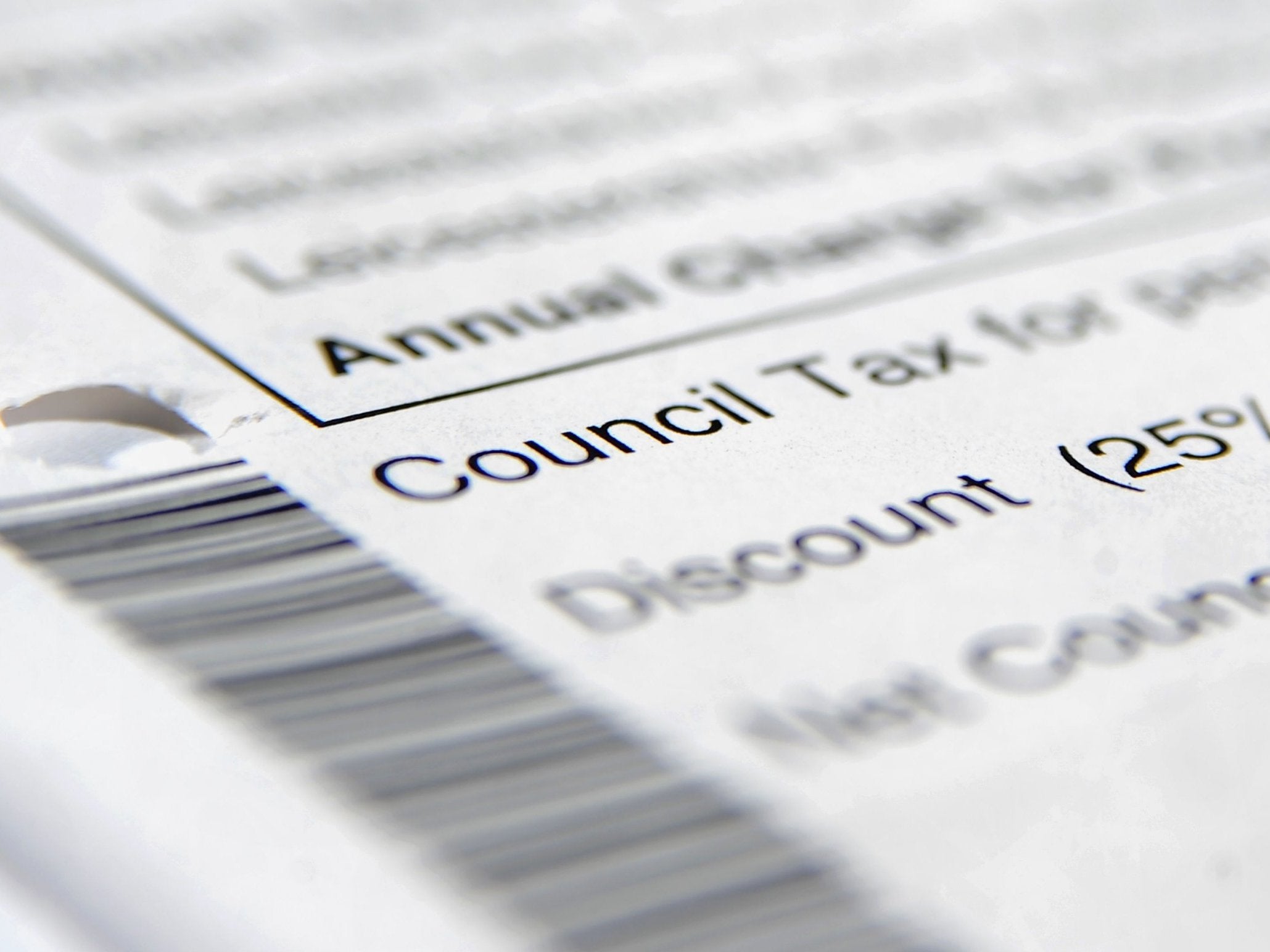Freeze all council tax bills by bailing out town halls for Covid costs, Labour says
Bills to rise by £93 in April, party warns – just as end of furlough scheme means workers will 'receive their p45s’

All council tax bills should be frozen with the government handing billions to town halls to meet the huge costs of the Covid-19 pandemic, Labour says.
The party is warning that householders face an average rise of £93 in April – just as the furlough scheme is about to shut, threatening a further spike in unemployment.
The “council tax bombshell will hit many hard-pressed families at the worst possible time – just as many receive their p45s,” said Steve Reed, Labour’s local government spokesman.
Around 2.7 million furloughed workers will be hit unless Rishi Sunak extends the job retention scheme beyond 31 April, with the jobless count forecast to reach 2.6 million later this year.
Accusing ministers of “broken promises to support councils”, the party said they should be given whatever resources they needed to avoid bills having to go up.
But the Conservatives are insisting “council budgets are a local decision for elected councillors” – despite repeatedly blaming Labour prime ministers for council tax hikes in the past.
Mr Reed put the expected total increases in council tax in April at £2bn, but the party has not said how much extra funding should be handed over to prevent any rises.
Under rules introduced by the Cameron government, councils can hike bills by 2 per cent without backing in a local referendum – and authorities responsible for social care by a further 3 per cent.
Labour is not pushing for those rules to be changed, but says a lack of central funding means more than 85 per cent of extra spending next year depends on bills going up.
Robert Jenrick, the local government secretary, has been accused repeatedly of breaking a pledge to give councils “whatever it takes” to get through the pandemic.
“This government should not be making families pay the price for their broken promises to support councils.” Mr Reed added.
Labour wants Tory MPs to back it in a Commons vote on Monday, but they are not expected to do so.
Instead, a government amendment to Labour’s motion argues council tax bills “doubled” in the Labour years, but have “fallen in real terms in England since 2010”.
“Council budgets are a local decision for elected councillors and mayors, but local taxpayers are now protected from excessive council tax increases,” it states.
In a second vote, Labour will demand that ministers rule out a post-Brexit watering down of holiday pay entitlements, the 48-hour working week or legal rest breaks.
Last week, the business secretary Kwasi Kwarteng admitted his department had ordered a review of the protections, now the UK had left the EU.
But he insisted there would be “no reduction in workers' rights” – even as ministers explore exploiting new freedoms to create a low-regulation so-called “Singapore-on-Thames” after Brexit.





Join our commenting forum
Join thought-provoking conversations, follow other Independent readers and see their replies
Comments